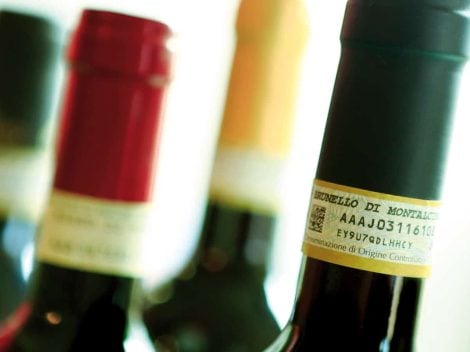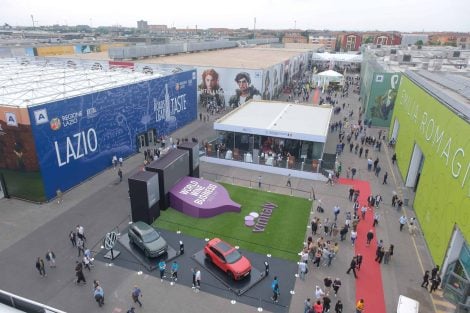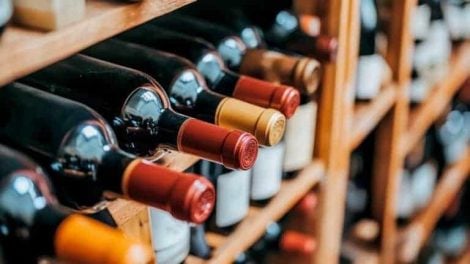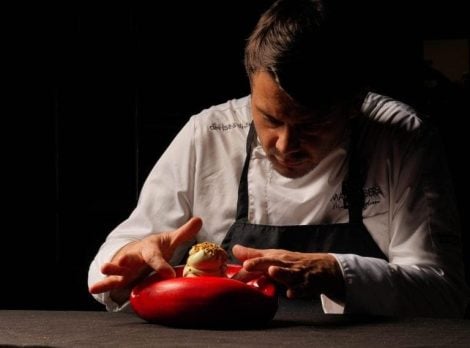Tensions are rising in France, where winemakers are at the forefront of protests related to agriculture. While various demonstrations and sit-ins against the government are taking place in the Gironde region (some even reaching Brussels to join farmers' protests), the southern part of France has witnessed violent incidents, including explosions and threats against négociants.
The measures announced by the Ministry of Agriculture, Marc Fesneau, on January 31—allocating €230 million, with €80 million for aid to viticultural finances and €150 million for uprooting 100,000 hectares of vineyards—did little to calm the situation. Now, winemakers are awaiting details, particularly the timeline of the plan. The future of French viticulture is yet to be seen (and likely rewritten). How will all this affect Italy?
The négociant system is in crisis
Let's start with the differences. In Italy, where there are ongoing protests by farmers against Europe and major unions, winemakers and their representative associations are not taking to the streets, giving ultimatums, or resorting to violence. Their discontent is expressed calmly, attempting to find mediation. And where that is not possible, they turn to the courts.
"In Italy, it is unlikely that the wine world would reach those levels," analyzes Federvini Vice President Piero Mastroberardino (Professor of Business Management at the University of Foggia). "Primarily because we are much less combative, but also because we are accustomed to a different model than the French one, where the wine producer is also the one who deals with distribution and personally follows the markets. In France, things are different: négociants, even before the wine is ready, go to the vineyards to buy it. When they no longer do this, the mechanism breaks down, just as is happening now. And the entire system ends up exploding in tandem with the protests."
In other words, Italy, even during challenging periods, has developed antibodies because its system ensures that wineries are not dependent on a single seller or market. Even during the Covid pandemic, the formula that allowed them to persevere was the same: diversification.
Anti-alcohol pressures
"Be careful, therefore, to speak of the French model," Mastroberardino continues. "There are critical issues there as well, and as we are seeing, they are even more significant than ours. Also, keep in mind that the French must also contend with a country that sees wine producers as enemies."
Indeed, it is France that supports the widespread anti-alcohol campaign, which has led, among other things, to the proposal of the Nutriscore for wine, with the highest danger rating: black letter F. All this despite President Macron's statements defending the sector and his refusal to support Dry January, a decision that has attracted criticism from anti-alcohol associations. The alert, therefore, remains very high as the French model falters.

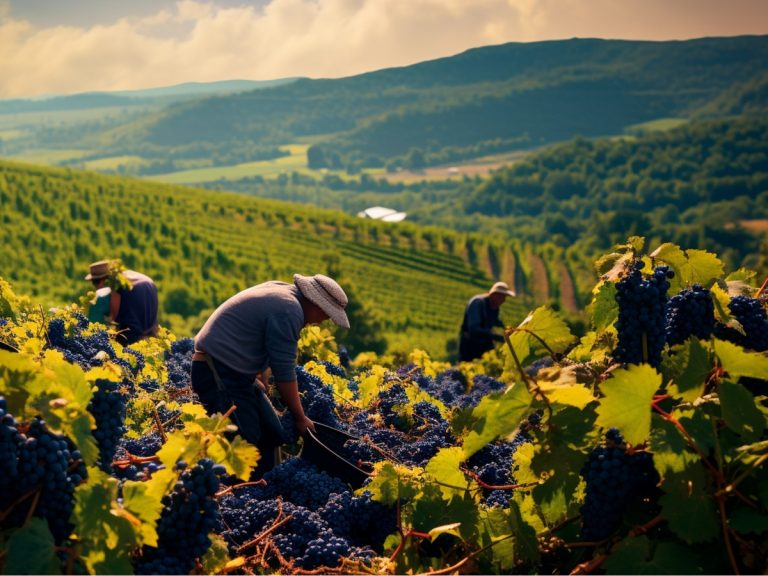
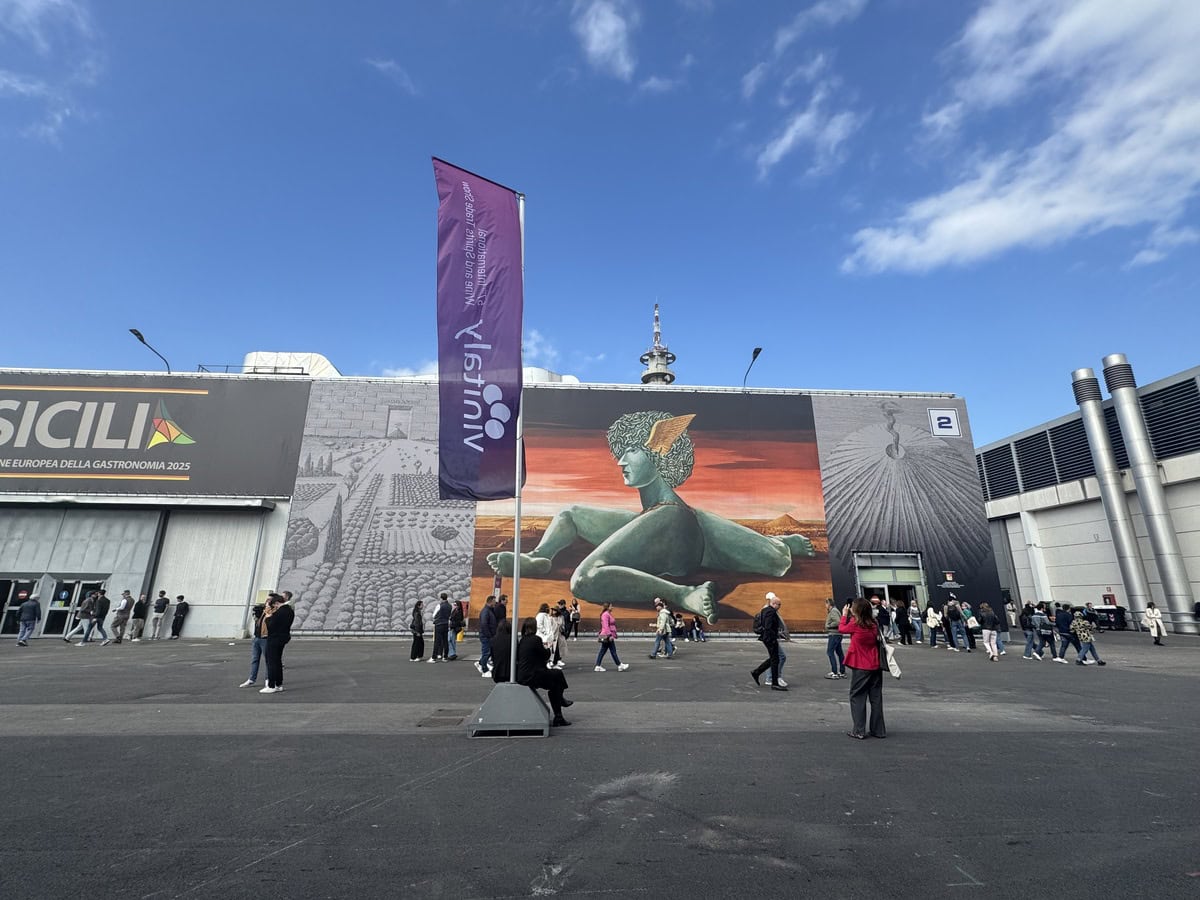 Lost inside Vinitaly? Here are five tastings to try, according to Gambero Rosso
Lost inside Vinitaly? Here are five tastings to try, according to Gambero Rosso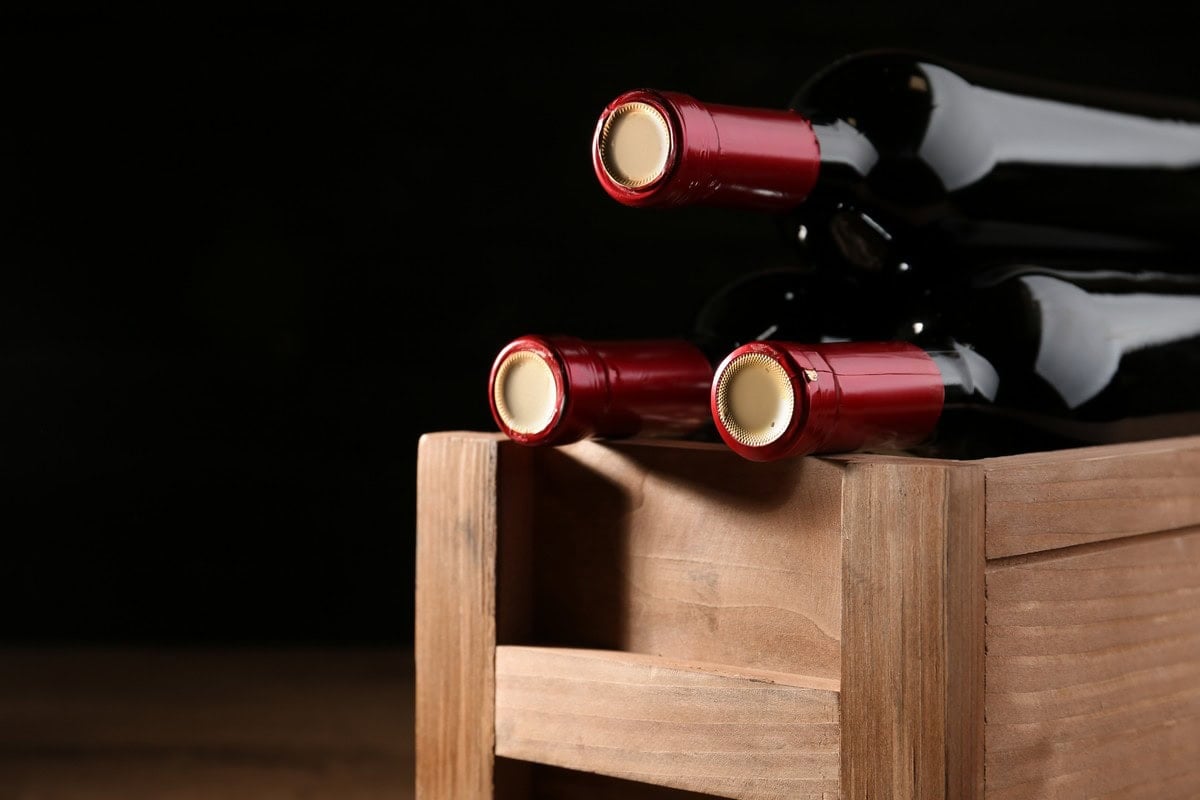 The US market accounts for 24% of global exports of Italian wine. Federvini: “We cannot risk being pushed out”
The US market accounts for 24% of global exports of Italian wine. Federvini: “We cannot risk being pushed out”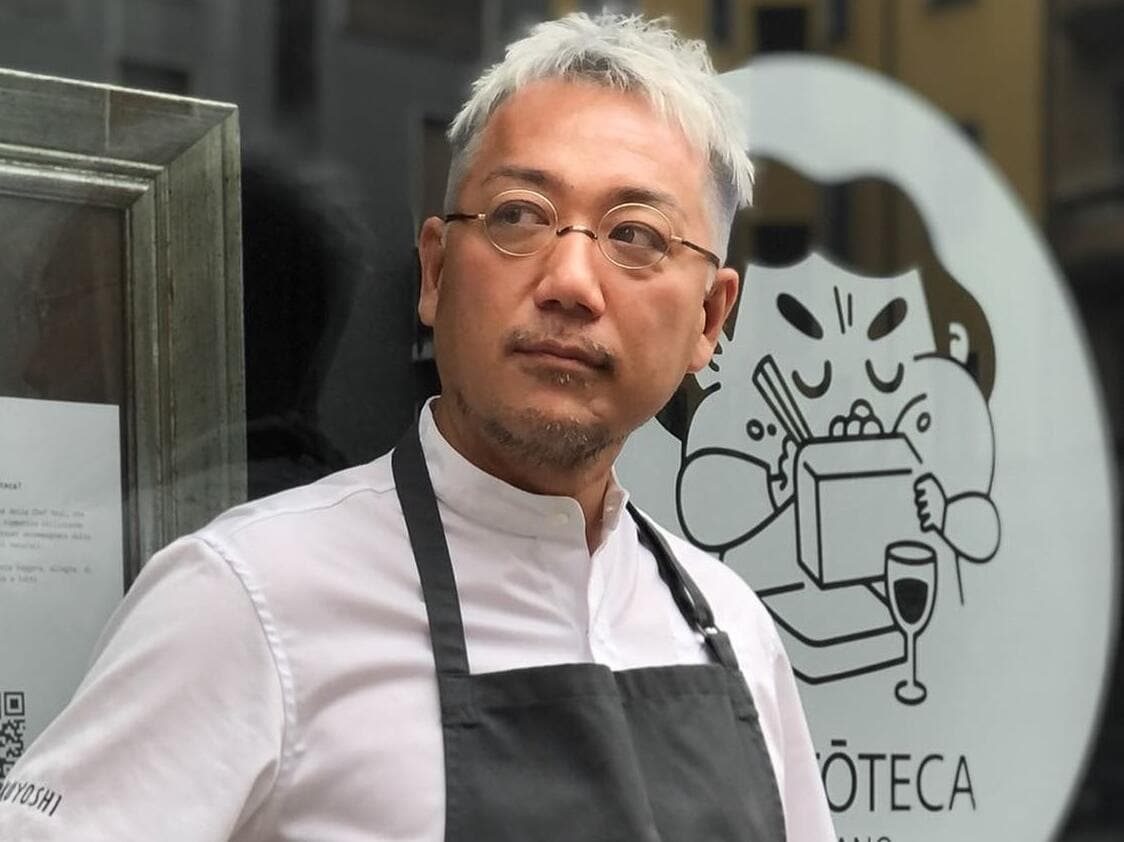 The Japanese chef who gave up the Michelin star opens a place in Milan where you dine barefoot and listen to Hi-Fi music
The Japanese chef who gave up the Michelin star opens a place in Milan where you dine barefoot and listen to Hi-Fi music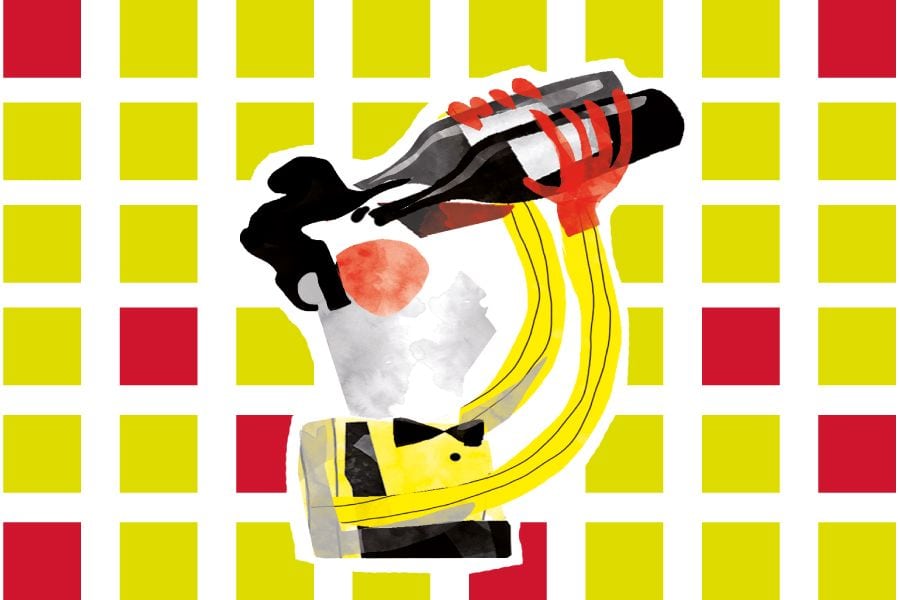 For the first time, Vini Rari arrive at Vinitaly 2025. Here's what they are
For the first time, Vini Rari arrive at Vinitaly 2025. Here's what they are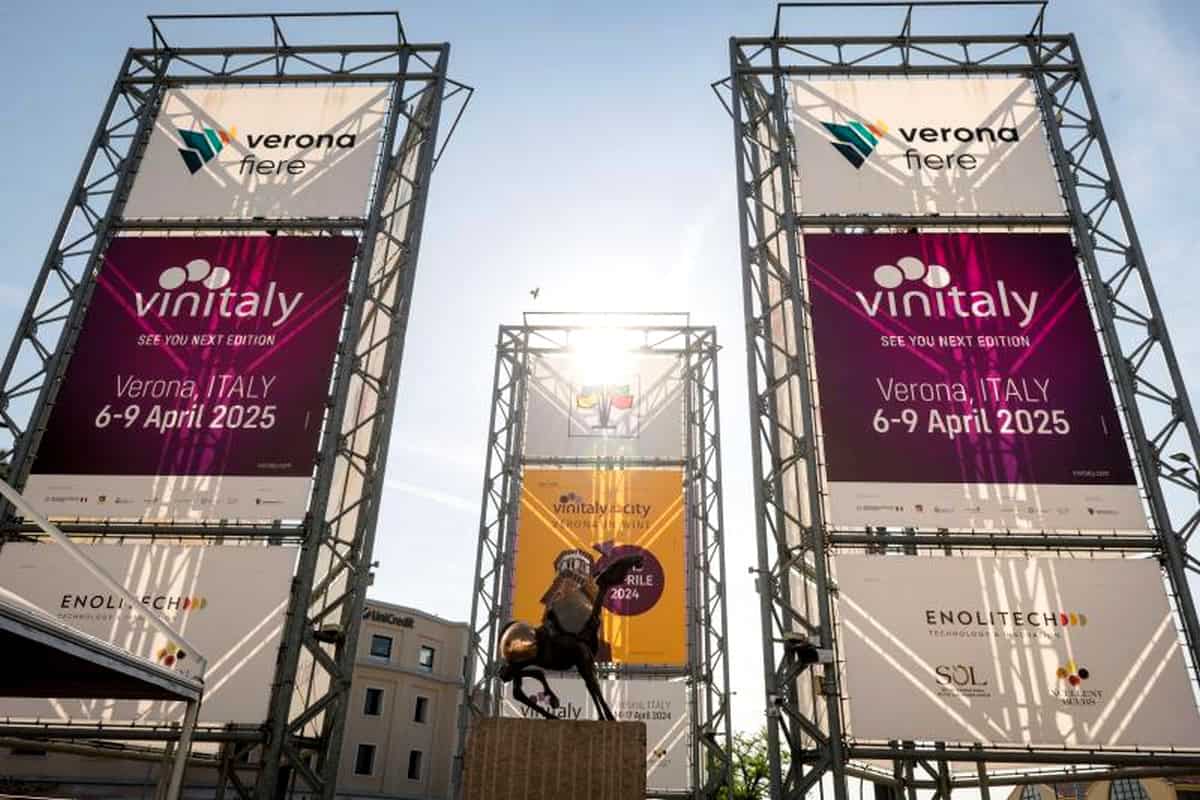 Here are all the events to watch out for at Vinitaly 2025
Here are all the events to watch out for at Vinitaly 2025